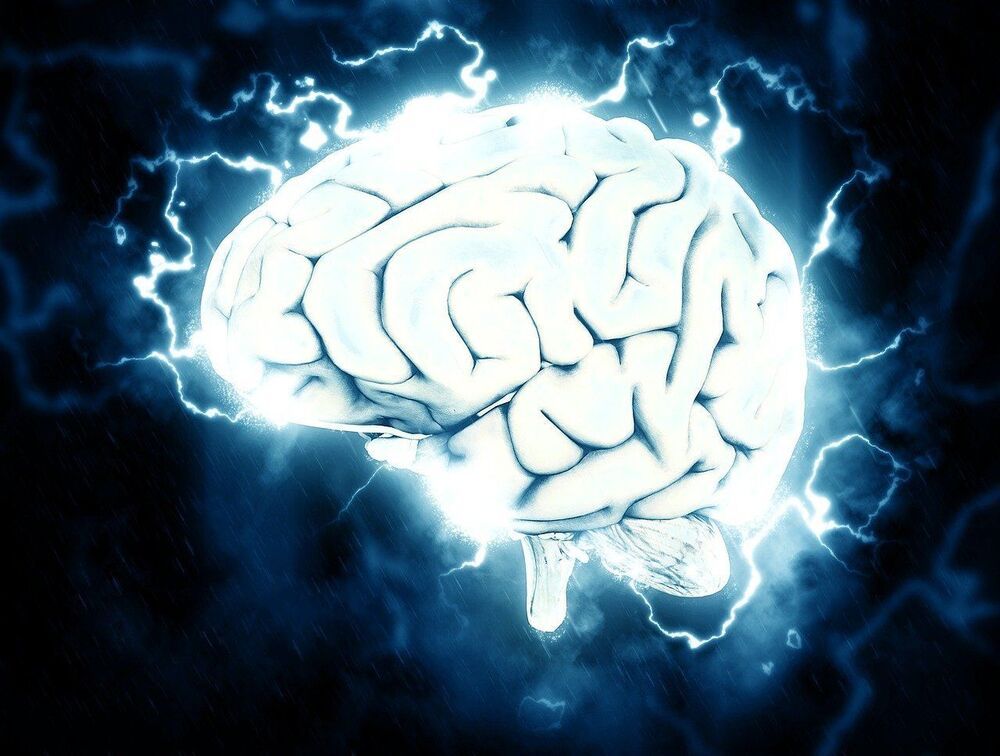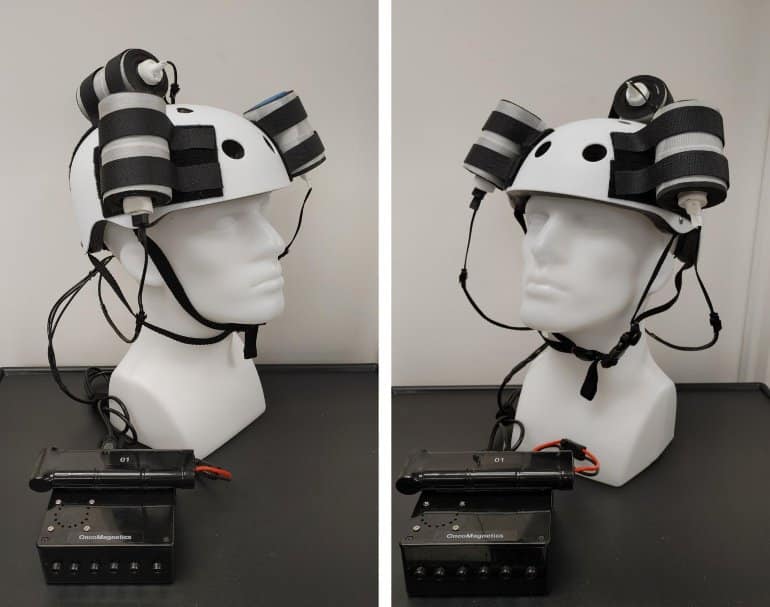The renowned Mexican architect Miguel Ángel Aragonés presented ten years of research materialized in his most recent project entitled “Casa PI” whose acronym translates to a new “intelligent prefabricated” construction project. Patented in Switzerland, this system seeks to break the housing paradigm from an integral design that combines the structure of the house with the furniture and new automation technologies in architecture.
The origin of this innovation stems from the idea of creating a modular constructive system that was sustainable, in high quality, that would accelerate construction times, improve acoustic and thermal performance, as well as reduce construction costs and waste. It is based on implementing the technology, we currently live every day with, in an integral design (since conventional homes have had to adapt to these advances through facilities that hinder the design). However, “Casa PI” seeks to start from scratch by serving as a pavilion that shows the advances of this specific moment in history by offering a “piece of furniture to live in” that consumes as little energy as possible.
PI is a structure that works both vertically (as a column), horizontally (as a lock or chain), or mixed, and to which additional pieces are attached to integrate the final configuration. This modular construction system optimizes resources and reduces waste. The walls, based on overlapping paneling, are the final finish that covers the layers of thermal and acoustic insulation. The electrical and hydraulic installations are designed by means of screw-in and plug-in connections that avoid the work of welding and complicated connections. It guarantees the highest constructive quality in record time, providing a range of direct benefits: it does not require painting, waterproofing, or anti-corrosion coatings. It allows the adaptation of a thermal-acoustic system that reduces energy consumption to achieve an optimal level of comfort, whether or not, a central air conditioning system is used.





